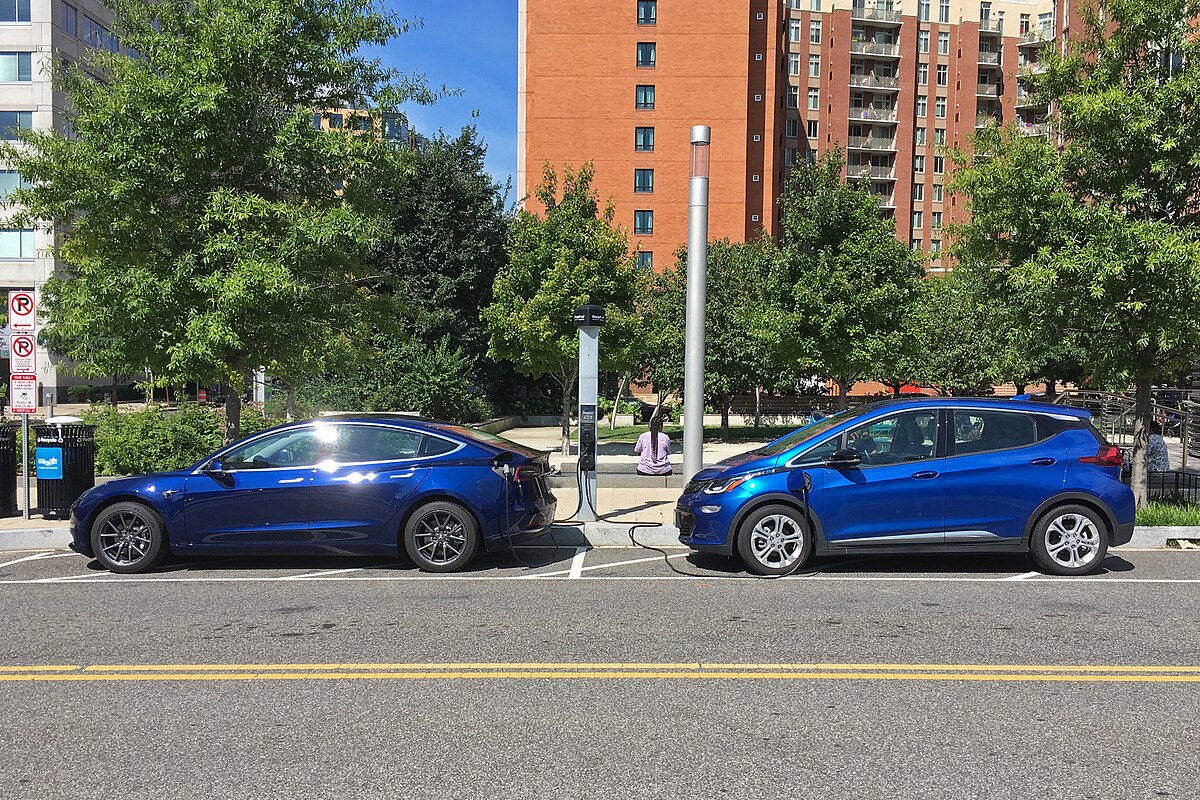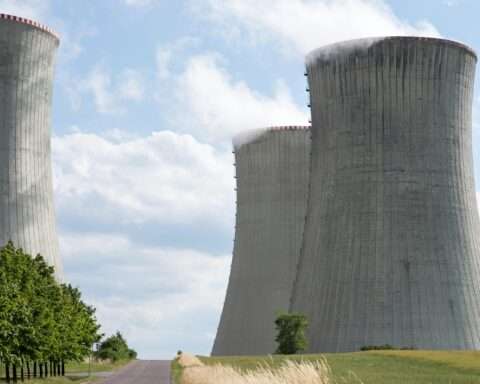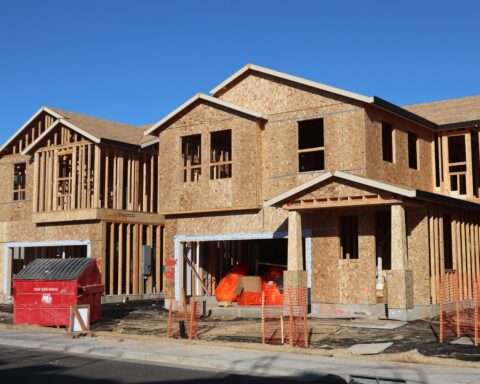The U.S. Department of Energy (DOE) has made $43 million available to support projects focused on advancing research, development, demonstration and deployment in key areas essential for the future of advanced batteries.
The initiative is part of the U.S. National Blueprint for Transportation Decarbonization, a major interagency framework designed to eliminate emissions from the transportation sector by 2050 by advancing battery technologies for safe and efficient zero-emission electric vehicles (EVs).
Funded projects are intended to lower the manufacturing costs of EV battery electrodes, cells and packs; improve battery safety to prevent cascading failures that can lead to fires and explosions; and strengthen the domestic supply chain for affordable and widely available battery materials.
The DOE’s Vehicle Technologies Office (VTO) will provide the funds, continuing the Office of Energy Efficiency and Renewable Energy’s role in developing technologies that create efficient, clean and affordable mobility solutions. VTO seeks to include underserved communities and underrepresented groups. Applicants are urged to include people from historically underrepresented backgrounds in STEM on their project teams.
The VTO’s Fiscal Year 2024 Batteries Funding Opportunity Announcement (FOA) will focus on the following areas:
- Improved 12 Volt Lead-Acid Batteries for Safety-Critical Electric Vehicle Applications, focused on improving the service life and performance requirements to meet critical safety features while reducing cost ($10 million).
- Develop Vehicle or Structural Level Strategies to Reduce the Likelihood of the Cascading Effects of Electric Vehicle Fires, focused on university-led teams conducting research at the cell, pack and vehicle level ($3.9 million).
- Battery Electrode, Cell, and Pack Manufacturing Cost Reduction, focused on developing improved manufacturing technologies for EV battery electrodes, cells and packs ($12.5 million).
- Silicon-Based Anodes for Lithium-Ion Batteries, focused on researching, fabricating and testing lithium battery cells implementing silicon electrodes with a commercially available cathode technology to achieve cell and cost performance targets (more than 350 Watt-hours per kilogram of usable energy with a cell cost target of less than $70 per kilowatt-hour) ($12.5 million).
- High-Energy-Density Conversion Cathodes, focused on developing high-energy-density battery cells containing metal chalcogenide, oxide or halide cathodes by solving key challenges for cathode, electrolyte, electrode integrity or safety ($4.05 million).
Several one-time actions must be completed before submitting an application in response to this FOA:
- Register with EERE eXCHANGE.gov
- Register with the System for Award Management to obtain a Unique Entity Identifier number
- Register with Grants.gov and, if selected for award, be registered in FedConnect
Applicants are strongly encouraged to complete these steps as soon as possible, as some may take several weeks. The submission deadline for concept papers is Sept. 9, with full applications due Oct. 30.
Photo by Mariordo













